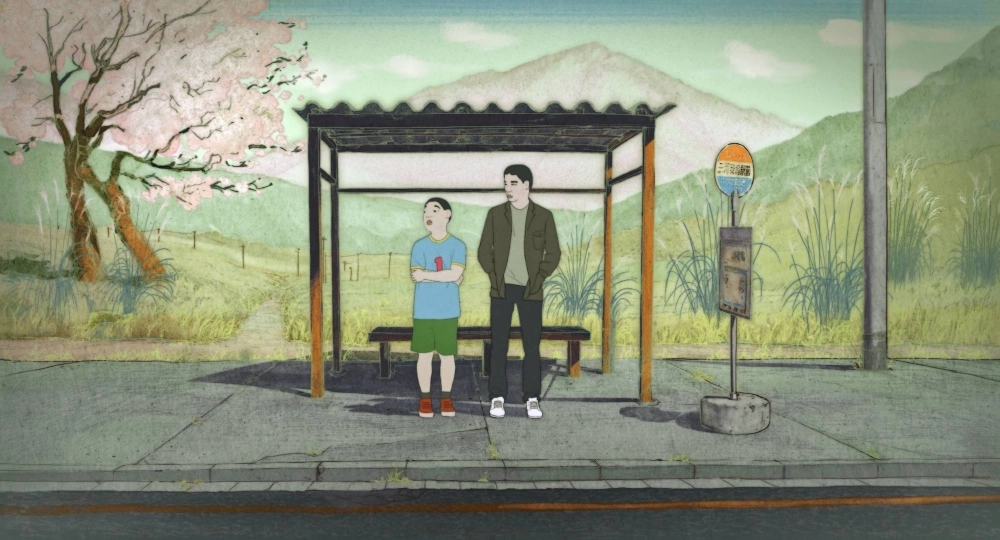The first time I met Haruki Murakami, on a hot afternoon in the summer of 1999, he greeted my question about film adaptations of his fiction with a shrug. I knew the author had studied film as an undergraduate at Waseda University and was something of a Jean-Luc Godard aficionado, but the only two directors he said he would green-light immediately were David Lynch and Woody Allen — the latter of whom had apparently tried to contact Murakami’s office years earlier when the author was out of the country.
Murakami was hard to find back then, especially in Japan. Notoriously camera-shy after he shot to fame domestically with his hugely popular third novel, “Norwegian Wood,” Murakami refused to appear on television or magazine covers, and had given only one public reading to support victims of the 1995 Great Hanshin Earthquake in his native hometown of Kobe.
As Murakami’s fame and readership grew, filmmakers came knocking. He said yes to Vietnamese-born French director Tran Anh Hung, who met with Murakami in Tokyo to win approval for his 2010 movie version of “Norwegian Wood.” (Murakami told me that he liked Tran’s sense of time and storytelling rhythms, which felt distinctly Asian to him.) In 2018, South Korean director Lee Chang-dong’s brutal “Burning” (adapted from Murakami’s “Barn Burning”) featured Korean American actor Steven Yeun, and Ryusuke Hamaguchi’s lugubrious “Drive My Car” picked up an Oscar for best international feature film in 2022.


















With your current subscription plan you can comment on stories. However, before writing your first comment, please create a display name in the Profile section of your subscriber account page.